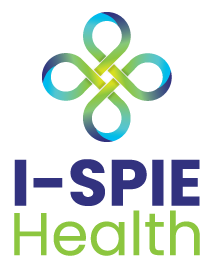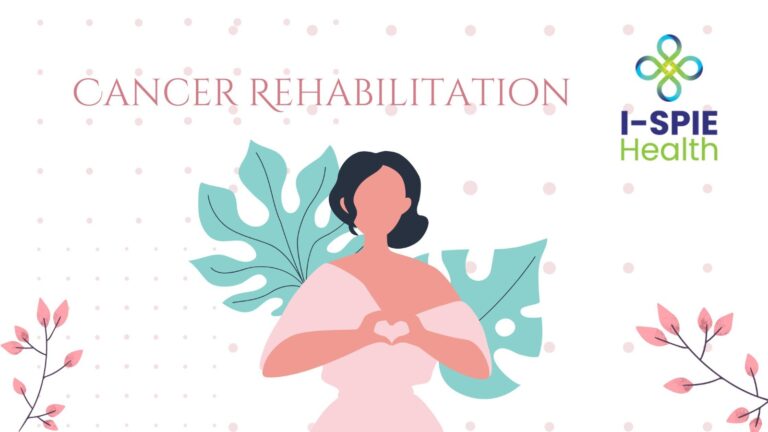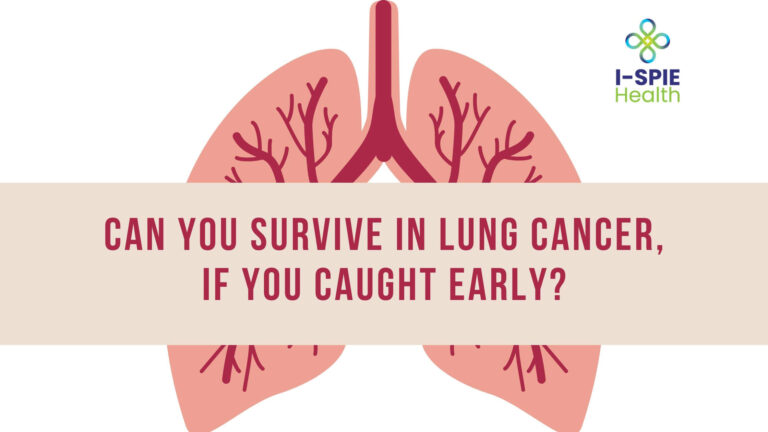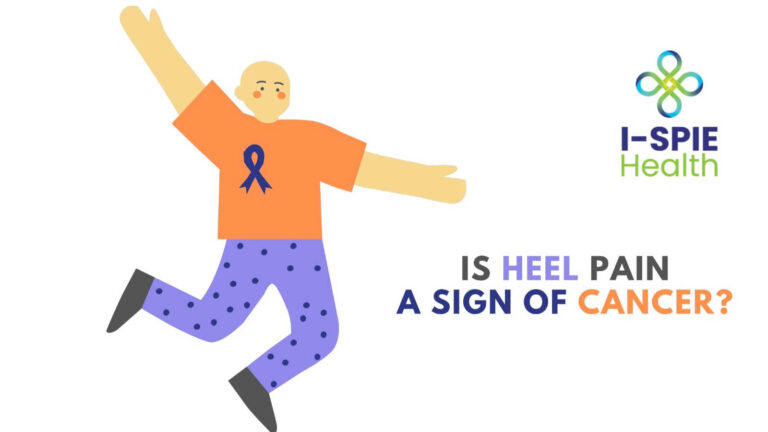The thyroid gland is a small yet mighty gland that sits in front of the neck, below the voice box, also known as the larynx, and is attached to the trachea. It has 2 lobes, one on each side of the pharynx.
It is part of the endocrine system and produces the hormones calcitonin, thyroxine, and triiodothyronine. Its main function is to regulate the body’s metabolism, and it also helps regulate growth, mood, heart rate, breathing, and blood calcium concentrations.
Let’s examine the thyroid cancer treatment options, including types, alternative methods, clinical trials, and more.
What is Thyroid Cancer?
Thyroid cancer is a type of cancer that develops in the thyroid gland, affecting its hormone-producing functions and potentially spreading to other parts of the body.
Thyroid cancer is a rare cancer that comprises approximately 1% of all cancers. However, it is the most common malignancy of the endocrine system. In thyroid cancer, healthy cells change and grow out of control in the tissues of the thyroid gland. The cancer presents as a lump, also known as a nodule, and the swollen gland is known as a goiter.
The nodules may be benign or cancerous, but either way, they can affect the body’s hormone-producing functions and have the potential to spread to other parts.
What are the Different Types of Thyroid Cancer?
There are 4 main types of thyroid cancer:
- Papillary thyroid carcinoma (PTC) makes up a majority of all thyroid cancer cases. They are usually slow-growing but can spread to the lymph nodes in the neck region. This type of cancer usually carries a good prognosis.
- Follicular thyroid carcinoma (FTC) is the next most common type of thyroid cancer. It originates from the follicular cells of the thyroid gland.
- Medullary thyroid carcinoma (MTC) is a type of thyroid cancer that is likely to be detected in the early stages as it produces the hormone calcitonin, which can affect the serum levels of calcium. About a quarter of the individuals diagnosed with this form of cancer have a family history of the same.
- Undifferentiated or Anaplastic thyroid carcinoma (UTC) is the rarest but also the most aggressive type of thyroid cancer and is the hardest to treat.
How is Thyroid Cancer Treated?
Treatment for thyroid cancer varies based on the type, stage, and individual health factors. Usually, a multi-disciplinary approach is applied to the management of thyroid cancer. Common approaches include surgery, radioactive lodine therapy, hormone therapy, targeted drug therapy, and radiation therapy.
Thyroid Cancer Treatment Options
- Surgery: Removal of part or all of the thyroid gland, depending on the extent of the cancer. This is the mainstay of the management of thyroid cancer.
- Radioactive Iodine Therapy: Used to destroy remaining cancer cells post-surgery.
- Hormone Therapy: Replacement of thyroid hormones after surgery.
- Targeted Drug Therapy: Targets specific cancer cells to inhibit growth.
- Radiation Therapy: External beam radiation to target cancer cells.
Who Treats Thyroid Cancer?
Thyroid cancer is treated by a team of specialists, including:
- Pathologists: Pathologists examine biopsy and surgical samples to confirm the diagnosis of thyroid cancer and determine its specific type and stage.
- Endocrinologists: These specialists manage the hormone-related aspects of thyroid cancer, especially in monitoring levels post-treatment
- Medical Oncologists: These specialists oversee the overall cancer treatment, including but not limited to treatment and survivorship.
- Surgical Oncologists: They perform the surgery, be it partial or complete thyroidectomy and/or other procedures to remove cancerous tissue.
- Radiation Oncologists: They specialize in using radiation therapy to destroy either residual thyroid cancer cells after surgery and/or cancer that has metastasized.
Diagnosing Thyroid Cancer
- Physical Exam: A doctor will examine your neck and other parts of the body for lumps or other changes in the thyroid.
- Thyroid Function Blood Tests: These tests measure levels of thyroid-stimulating hormone (TSH) and other thyroid hormones.
- Ultrasound Imaging: Ultrasound helps visualize the thyroid and identify suspicious nodules.
- Fine-Needle Aspiration Biopsy: This surgical procedure is used to remove cells from a thyroid nodule or lymph node for analysis.
- Radioactive Iodine Scan: This test uses radioactive iodine to detect thyroid cancer cells in the body.
- Other Imaging Tests: CT, MRI, and PET scans may be used to check if cancer has spread.
Read More: Does Prostate Cancer Make You Tired?
How is the severity of thyroid cancer assessed?
To determine the aggressiveness of thyroid cancer, doctors evaluate factors such as the specific type of thyroid cancer, the stage at diagnosis, the rate at which the cancer cells are growing, and the presence of certain genetic markers. For instance, anaplastic thyroid cancer is typically more aggressive than papillary or follicular thyroid cancer.
Staging indicates how far the cancer has spread, with higher stages often correlating with more aggressive disease. Genetic tests can also reveal mutations that might influence the cancer’s behavior and response to treatment.
Should You Consider Taking Part in a Clinical Trial?
Clinical trials provide access to new and potentially more effective treatments that are not yet widely available. Before deciding to participate, it is important to discuss with your healthcare provider whether you meet the eligibility criteria and understand the potential benefits and risks involved.
Consideration of the costs and logistical aspects of trial participation is also crucial. Participating in a clinical trial can contribute to medical research and offer additional treatment options that could improve outcomes.
Role Of Complementary and Alternative Methods
Acupuncture
Acupuncture can help alleviate pain and reduce stress, providing relief from some of the side effects of cancer treatments. Always consult with your healthcare provider before starting acupuncture.
Massage Therapy
Massage therapy can help reduce anxiety, improve circulation, and relieve muscle tension. It’s important to ensure that the massage therapist is experienced in working with cancer patients.
Dietary Supplements
Certain dietary supplements may support overall health and well-being, but it’s crucial to discuss these with your doctor to avoid potential interactions with conventional treatments.
Coping and Support
Managing a thyroid cancer diagnosis involves both emotional and practical challenges. Implementing effective coping strategies and utilizing available support services can make a significant difference.
Counseling
Individual and family counseling provides emotional support and helps manage stress. Professional therapists offer coping strategies for dealing with anxiety, depression, and the overall emotional impact of cancer.
Support Groups
Joining a support group connects you with others facing similar challenges. These groups provide a space to share experiences, receive advice, and find encouragement, reducing feelings of isolation and offering practical tips for daily management.
Cancer Coach
A clinical cancer coach can offer personalized guidance and support along with consultation throughout your cancer journey. They help with setting goals, managing treatment side effects, and improving overall well-being, providing a tailored approach to navigating cancer care.
Learn More About Thyroid Cancer Treatment Options
Explore personalized thyroid cancer treatment plans with Madhavi Parikh, a dedicated Cancer Coach. Take the next step towards a healthier you.
Schedule a Consultation With Madhavi Parikh!
What to Expect from Your Medical Team When Diagnosed with Thyroid Cancer?
When diagnosed with cancer, it is reasonable to expect at least the following from your medical team:
- Comprehensive Evaluation
- Clear Communication
- Treatment options tailored to your needs and lifestyle
- Ongoing monitoring
- Supportive Care
FAQ
What is the function of the thyroid gland?
The thyroid gland produces, stores, and circulates the hormones thyroxine (T4), triiodothyronine (T3), and calcitonin. Its activity is monitored and controlled by the pituitary and hypothalamus, which are situated in the brain.
What are some signs of thyroid cancer?
Thyroid Cancer can present with a lump (goiter), swollen lymph glands in the neck, or changes in metabolism.
What are some symptoms of thyroid cancer?
Some of the more common symptoms of thyroid cancer are voice hoarseness or difficulty with swallowing.
What are some of the risk factors for thyroid cancer?
Female gender, genetics, exposure to radioactive iodine, radiation exposure, and a diet low in iodine are some of the risk factors that increase a person’s chances of developing thyroid cancer.








2 Comments